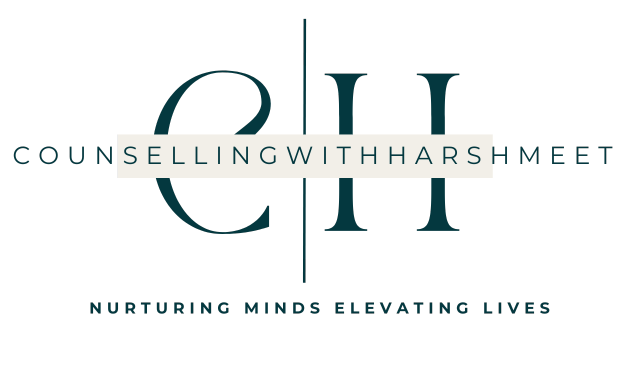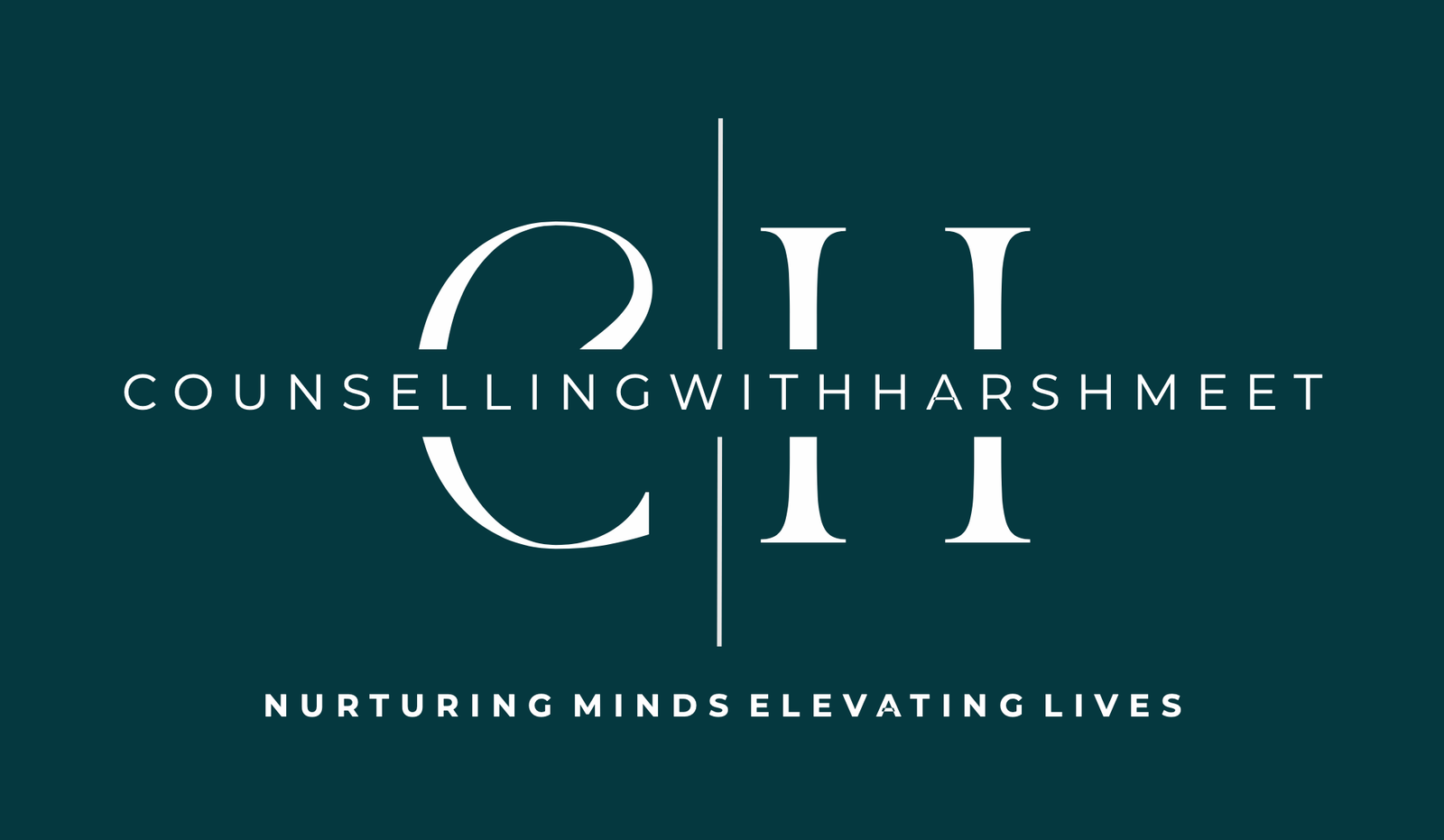The pain of grief, loss, and heartbreak can be isolating. You might feel invisible, ignored, or pressured to move on quickly. But the truth is, healing takes time and connection. You don’t have to struggle alone.
Don’t let anyone tell you to minimize your pain. It’s real, it’s valid, and it deserves to be heard. At my practice, I offer a safe and supportive space to explore your emotions without judgment.

Remember, you are not alone. Let us walk with you on this journey.
Here are some strategies you can incorporate into your daily routine to manage depression and feel better:
Self-Care Strategies:
Activity and Engagement:
Mindfulness and Relaxation Techniques:
Additionally:
Remember: Don’t be afraid to seek professional help. A therapist can provide guidance, support, and develop a personalized treatment plan to effectively manage your depression.

